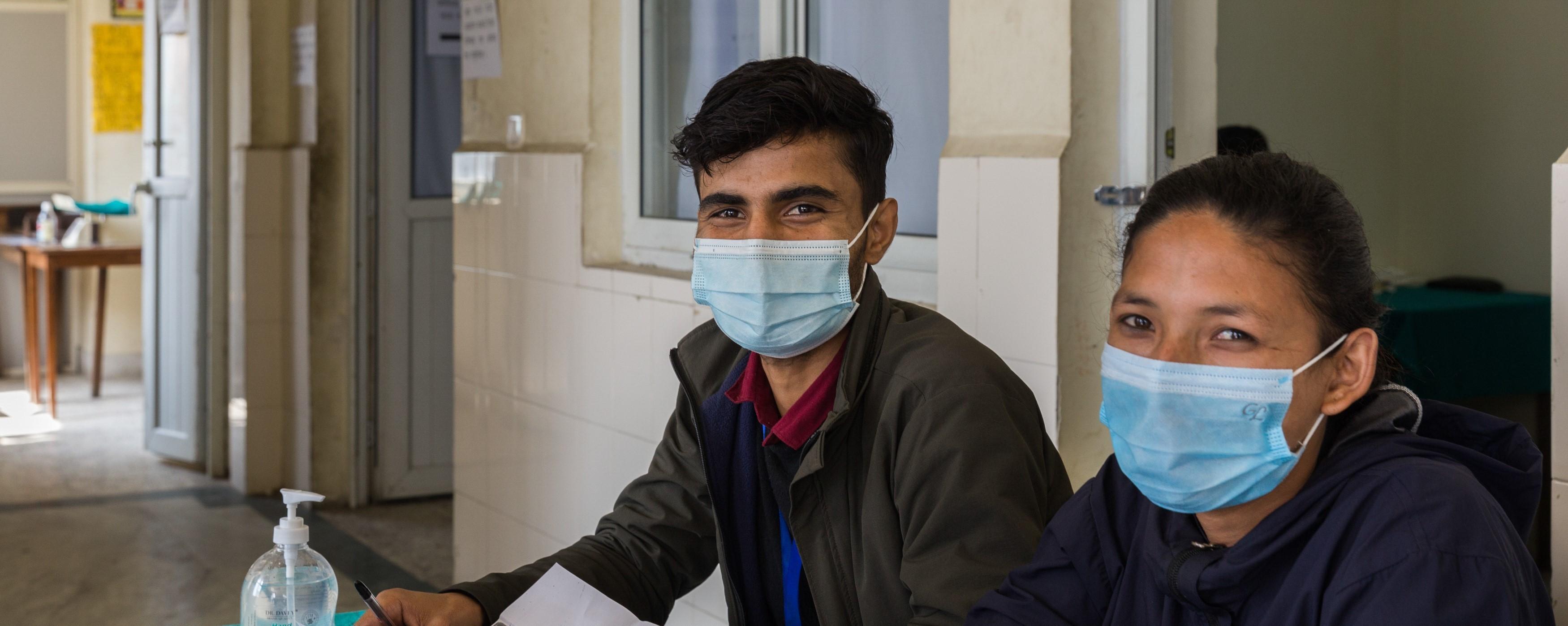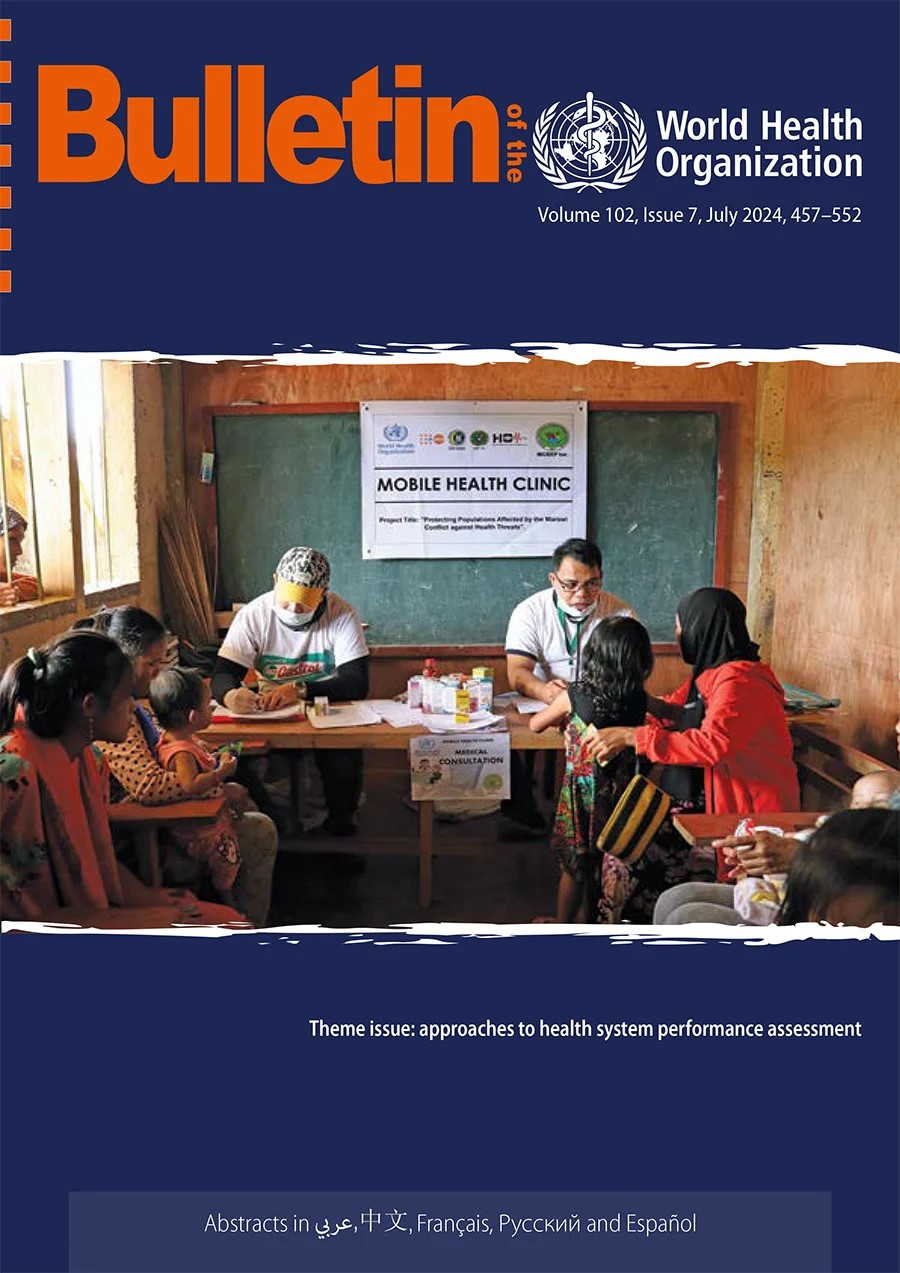The WHO Special Programme on Primary Health Care and the European Observatory on Health Systems and Policies have guest-edited a special theme on health system performance assessment (HSPA) for the July issue of the Bulletin of the World Health Organization. HSPA is a comprehensive evaluation process designed to measure how well a health system achieves its objectives. It also aims to identify opportunities for improvement based on this evaluation. Health systems operate in a complex, multifaceted environment with a diversity of data, stakeholders, and contexts. While efforts to embed HSPA into decision-making processes have recently intensified, there is room for more innovative approaches to translate evidence into actionable policies.
This collection of articles highlights the importance of regular HSPA to inform policies that advance progress towards health systems objectives globally and at country level. The bulletin showcases practical country applications and case studies while discussing methodological approaches to catalyze a more policy-relevant understanding of performance challenges and solutions. It also includes discussions on HSPA after the initial impact of the COVID-19 pandemic and how health system assessment contributes towards achieving universal health coverage. Research topics include primary healthcare measurement frameworks, population assessments, resilience dimensions, routine data collection, patient satisfaction, and multisectoral interventions.
Country case studies include:
- 'Routine data in a primary care performance dashboard, Ethiopia' and
- 'Assessing the WHO-UNICEF primary healthcare measurement framework; Bangladesh India, Nepal, Pakistan and Sri Lanka'.
This issue of the Bulletin was made possible with funding provided by the Universal Health Coverage Partnership.
About the WHO Bulletin
The Bulletin of the World Health Organization is a fully open-access public health journal with a special focus on low- and middle-income countries. It was first published in 1948 and, since then, has sought to make its contents as widely available as possible. There are no article-processing charges associated with submitting to or publishing in the Bulletin. With a Clarivate impact factor of 11.1, the Bulletin is one of the top twelve journals in the field of public and environmental health.
All peer-reviewed articles and the journal archives are indexed, including in the Web of Science and MEDLINE, and are freely available under the Creative Commons Attribution 3.0 IGO license (CC BY 3.0 IG0).
About the UHC Partnership
The UHC Partnership is one of the core components of the WHO Special Programme on Primary Health Care. It was created by WHO and its development partners in 2011 to bridge the gap between global commitments on UHC and country implementation, by providing the technical expertise needed to reinforce the leadership of the ministries of health in building equitable, resilient and effective health systems based on primary health care. Today, more than 145 health policy advisers are in the field working with WHO offices, national authorities and partners to foster policy dialogue and support countries in a wide range of areas including strategic planning, health governance, harmonization and alignment, health financing, health workforce, medicines and medical products, vaccines, gender, equity, human rights, mental health, noncommunicable diseases, among others.
The UHC Partnership operates in over 125 countries, representing over 3 billion people. It is supported and funded by Belgium, Canada, the European Union, France, Germany, Ireland, Luxembourg, Japan, the United Kingdom of Great Britain and Northern Ireland, and WHO.
Related items
Health system performance assessment: A primer for policy-makers
Health system performance assessment: A framework for policy analysis
How can we use health system performance assessment to support pandemic preparedness?

